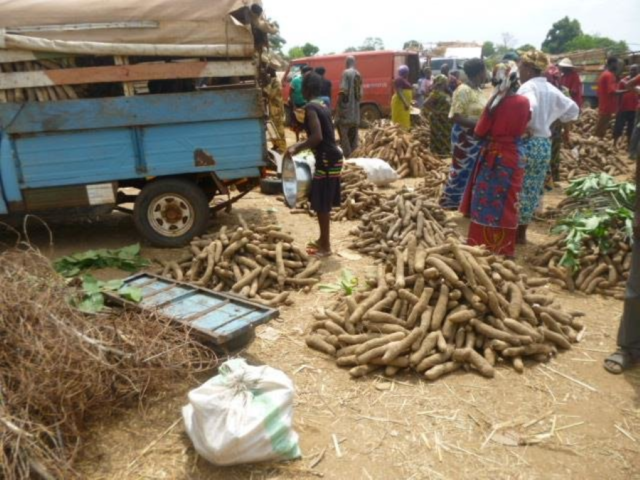
MON MAY 27 2024-theGBJournal| The non-oil sector grew at a slower pace, recording a 2.80% y/y (Q4-23: +3.07%) growth rate in Q1-24.
The slowdown can be attributed to subdued consumer demand, as persistent price pressures lowered real income. We also highlight that currency constraints and tight financial conditions weighed on productivity.
Disaggregating the performance, the Agricultural sector grew slowly by 0.18% in Q1-24 y/y (Q4-23: +2.10% y/y | Q1-23: -0.90% y/y), largely due to low output given the below-average planting activities induced by the high input costs and reduced access to farmlands given the heightened level of insecurity in the food-belt region.
On the other hand, growth in the Manufacturing sector edged higher to 1.49% y/y (Q4-23: +1.38% y/y | Q1-23: +1.61% y/y) but remained weak as high borrowing costs and currency weakness continued to weigh on manufacturing activities.
Nevertheless, the Services sector remained resilient, largely driven by impressive growth in the Finance and Insurance sector (+31.24% y/y vs Q4-23: +29.78% y/y).
The stellar performance in the Finance sector can be linked to the CBN’s enforcement of the 65% loan-to-deposit ratio (LDR) for deposit money banks (DMBs) and the depreciation of the naira, both of which facilitated banks’ asset expansion.
However, the Information and Communication (ICT) sector slowed to +5.43% y/y (Q4-23: +6.33% y/y | Q1-23: +10.32% y/y), reflecting the impact of the blockage of SIMs on total mobile subs following the NIN-SIM linkage directive by the Nigerian Communication Commission (NCC).
Furthermore, the Trade sector slowed to 1.23% y/y (Q4-23: +1.40% y/y | Q1-23: +1.31% y/y), primarily due to weaker consumer demand.
X-@theGBJournal|Facebook-the Government and Business Journal|email:gbj@govbusinessjournal.com|govandbusinessj@gmail.com









